QUICK HEALTH TIPS: Kidney Stones

Kidney stones, medically termed RENAL CALCULI, are accumulations of mineral salts that can lodge anywhere along the course of the urinary tract, and they can be one of the most painful of all health ailments. Human urine is often saturated to the limit with uric acid, phosphates, and calcium oxalate. Normally, due to the secretion of various protective compounds and natural mechanisms that control the pH of urine, these substances remain suspended in solution.
However, if the protective compounds are overwhelmed or immunity becomes depressed, the substances may crystallize and crystals may begin to clump together, eventually forming stones large enough to restrict urinary flow. These stones can be jagged or smooth. Symptoms of kidney stones include pain radiating from the upper back to the lower abdomen and groin, profuse sweating, frequent urination, pus and blood in the urine, odorous or cloudy urine, absence of urine formation, nausea and vomiting, and, sometimes, chills and fever. In milder cases, the symptoms may mimic a bad case of stomach flu or other gastrointestinal ailment.
Stones can range in size from microscopic specks to the size of a fingertip. There are four kinds of kidney stones: calcium stones (composed of calcium oxalate); uric acid stones; struvite stones (composed of magnesium ammonium phosphate); and cystine sones. About 80 percent of all stones are calcium oxalae stones. High blood calcium levels lead to hypercalciuria—excessive absorption of calcium from the intestine—which increases the level of calcium in the urine.
Kidney stones are ten times as common now as they were at the start of the twentieth century, probably because the amount of animal fats and protein in the average American’s diet has increased significantly. The consumption of animal protein is strongly associated with oxalate absorption.
Recommendations:
For pain relief, drink the juice of a fresh lemon in 8 ounces of water every half hour until the pain subsides. You can alternate between lemon juice and fresh apple juice.
To maintain good kidney function, drink plenty of quality water—at least ten 8-ounce glasses daily. By far the single most important measure one can take to prevent kidney stones from forming is to increase water consumption. Water dilutes urine and helps prevent concentration of the minerals and salts that can form stones. Chronic dehydration is a major factor in kidney stone disease in 15 to 20 percent of people.
Use only distilled water for drinking and cooking. Add trace mineral drops to your drinking water.
Minimize your consumption of animal protein, or eliminate it from your diet altogether.
Try drinking a large amount of water, allow twenty minutes for digestion, and then run up and down stairs vigorously. This has been known to allow small, stubborn stones to pass naturally.
- Anthony R
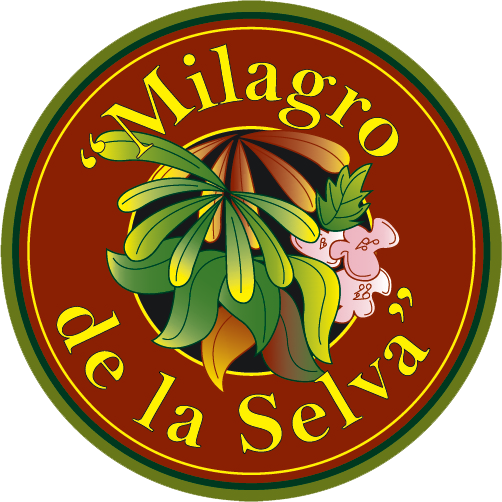

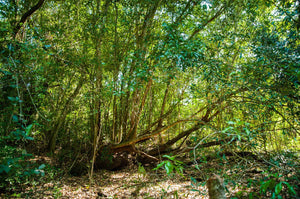
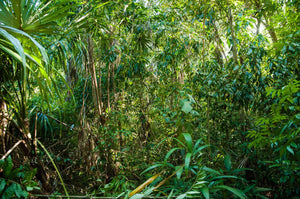
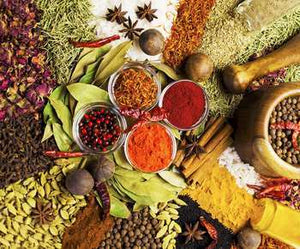
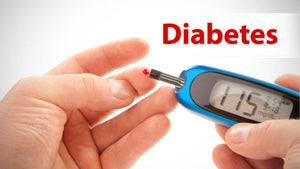
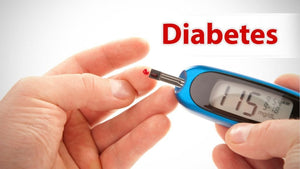


Comments 0